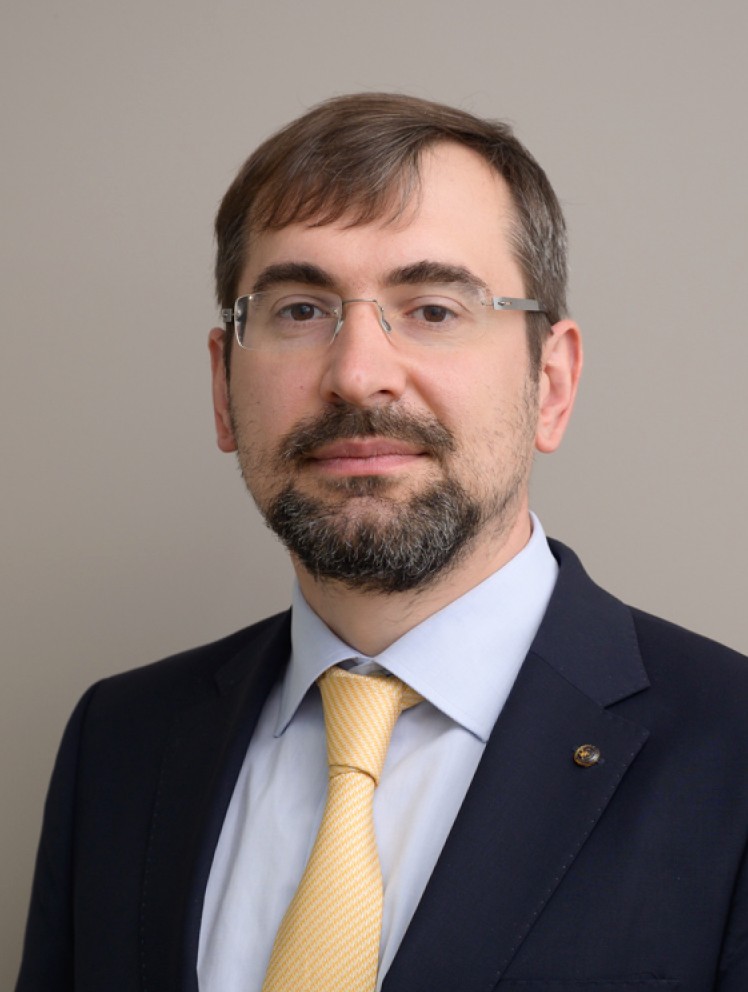Arthur Zurabyan, of ART DE LEX, assessed the possible negative consequences of the low assets of United Aircraft Corporation (UAC)
UAC will receive an additional RUB 100 billion on civilian projects from the state. Otherwise, the “Sukhoy Superjet 100” program will collapse.
At a meeting with Internet entrepreneurs, Russian President Vladimir Putin said that UAC would get RUB100 billion from the budget. “We just talked about this yesterday. In fact, we decided yesterday to provide additional funds to capitalize our civil aviation component, our UAC, with another RUB 100 billion,” the president said.
A representative of UAC said that the decision to provide an additional capitalization of RUB 100 billion emerged from a meeting with Putin. The funds will stabilize the company’s financial situation and develop its civil aircraft programs. According to one UAC source, a possible use of the funds will be the reduction of debt, which the firm incurred, over previous years, in connection with the “Sukhoi Superjet 100” (SSJ100) program. The source said that, in the last few months, the loan rate rose, thus increasing the cost of production. Measures should be taken to get out of this vicious circle, he explained, especially because the firm is at the critical stage of market penetration, when a new product is sold cheaply.
The net debt of UAC in June 2014 amounted to RUB 165.8 billion, which is 20 times higher than the EBITDA. The net debt of Civil Aircrafts of Sukhoy (CAS), a subsidiary of UAC, is USD 2.64 billion (RUB 88.65 billion, using the exchange rate of the Central Bank on the date of reporting). Short-term liabilities of the group exceeded its current assets by USD 481.3 million, while net assets were negative (minus $ 555,824,000). According to Elena Sahnova, an analyst with the Russian Bank VTB, the high interest rate worsens the poor financial situation of the company because it prohibits refinancing the short-term debt. Without refinancing, the company simply can fail to cope with debt service, so the state has no choice but to provide the money. Andrey Tretelnikov, an analyst of RMG, concluded that state aid for the UAC and the SSJ100 is a question for the entire aviation industry in Russia. He concluded that the payoff cannot be expected soon, but if there is a political decision to restore the Russian aircraft industry, work on improving the SSJ100 and creating the MS-21 must continue.
On 1 January 2014, the Aviation Holding Company Sukhoy, that UACX controls, had 75 percent of the shares of Civil Aircrafts of Sukhoy, while the World’s Wing SA, a subsidiary of the Italian concern, Finmeccanica, had the remaining 25 percent. Last week, however, CAS reported that Sukhoy increased its share to 94.47 percent. In the summer of 2014, the shareholders of CAS took the decision to issue an additional RUB 36.5 billion shares in favor of Sukhoy. The Italians were not ready to participate in the capital increase, but they ultimately signed the agreement on joint participation in the project. In June 2014, the Italians concluded the shareholder agreement with Sukhoy, under which the Italian side must provide CAS with at least USD 390 million by 31 December 2017. TASS released the report that included a link to the UAC information about Sberbank’s credit line of USD 600 million. The obligation to provide CAS with that amount is a condition of the Sberbank loan.
Capital increase is vital to UAC. Based on its statements, the group’s net assets were less than its share of capital on 31 December 2013, 2012, and 2011. According to a company statement, by 30 June 2013, its shareholders had to approve a reduction in authorized capital to the amount of net assets to meet the minimum capital requirements or to eliminate the group. They decided not to reduce the share capital since the group was expecting an increase in capital that the main shareholder provided.
Arthur Zurabyan, the head of Dispute Resolution Practice of ART DE LEX, said that “the failure to comply with legislation on the reduction of the authorized capital provides the possibility of early application requirements by the company’s creditors and even the forced liquidation of the company.”
According to UAC, the corporation already has started to work with the relevant agencies to develop a mechanism for increasing the authorized capital. Representatives of the Ministry for Industry and Trade refused to comment, as did the representatives of Dmitry Rogozin and Arkady Dvorkovich, the deputy prime ministers. The press service of the Ministry of Finance also has not responded to any requests.
